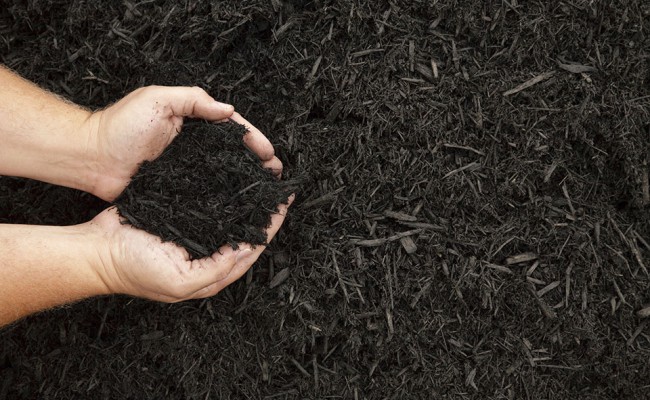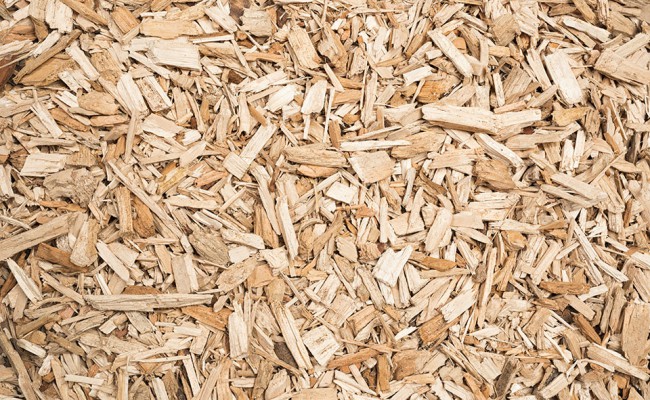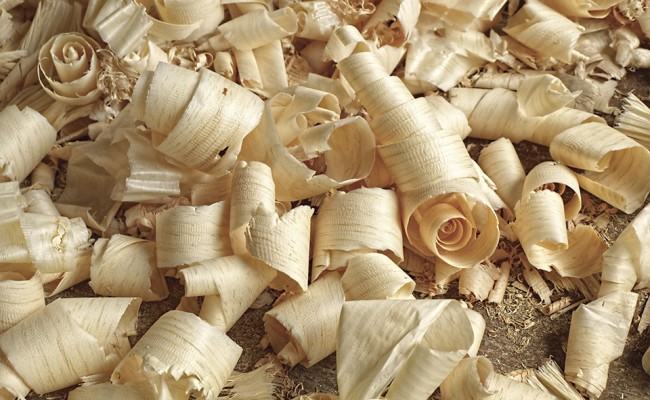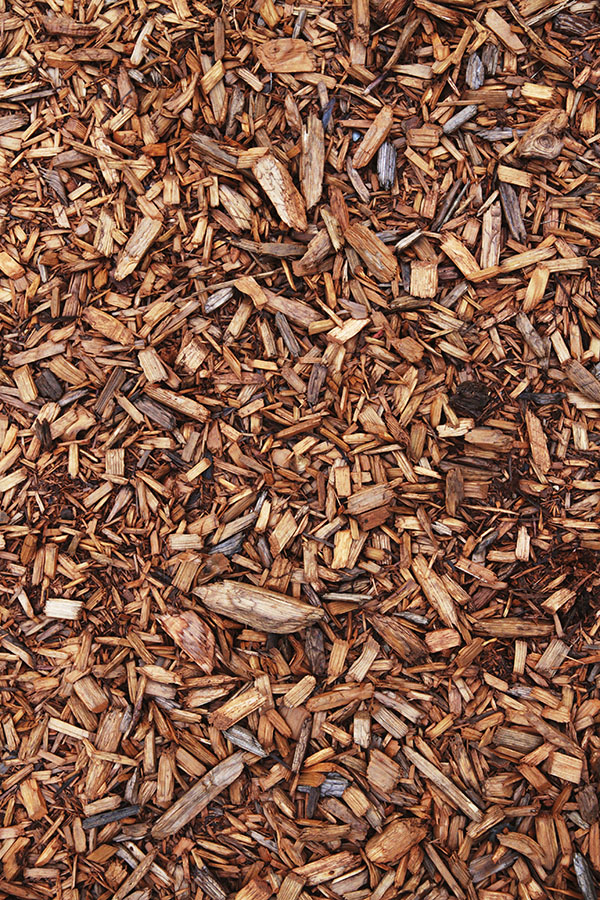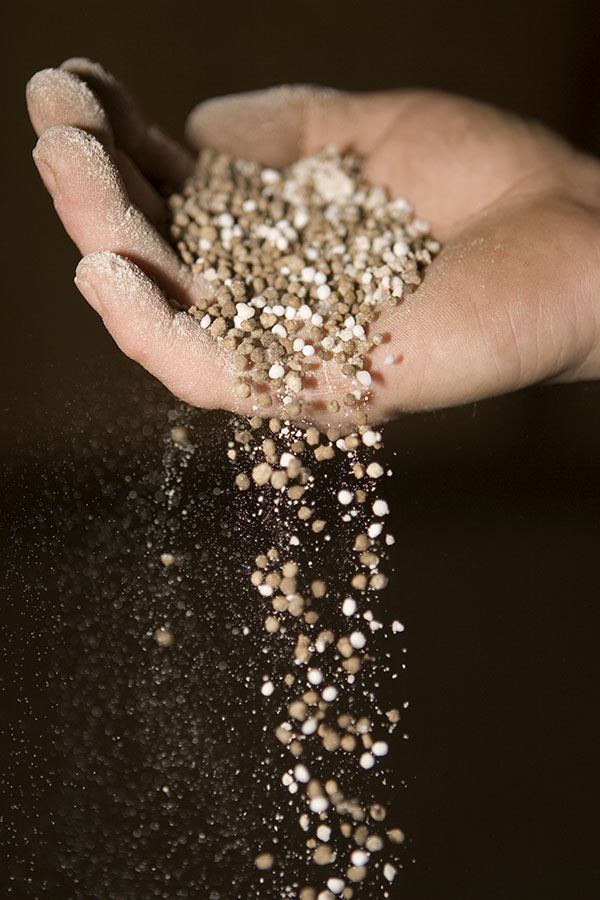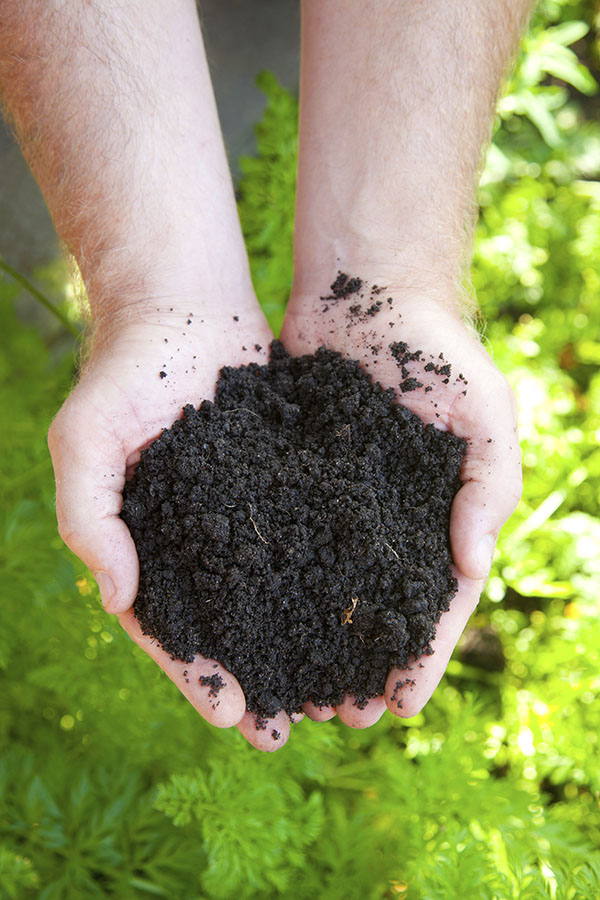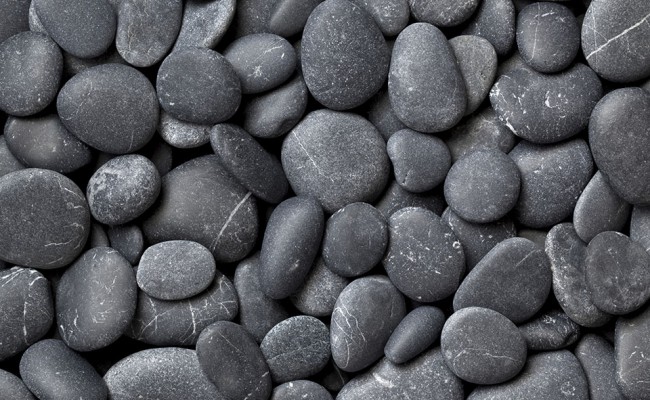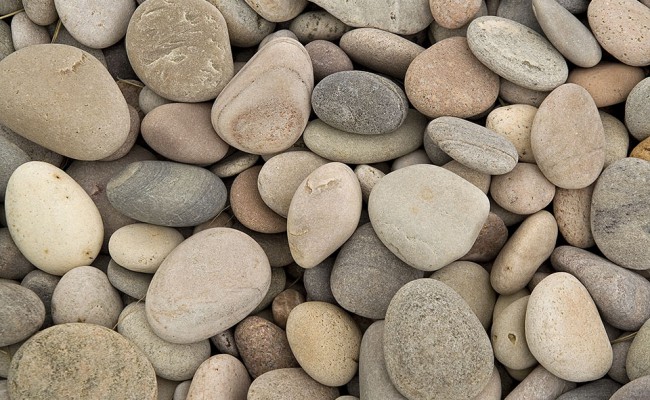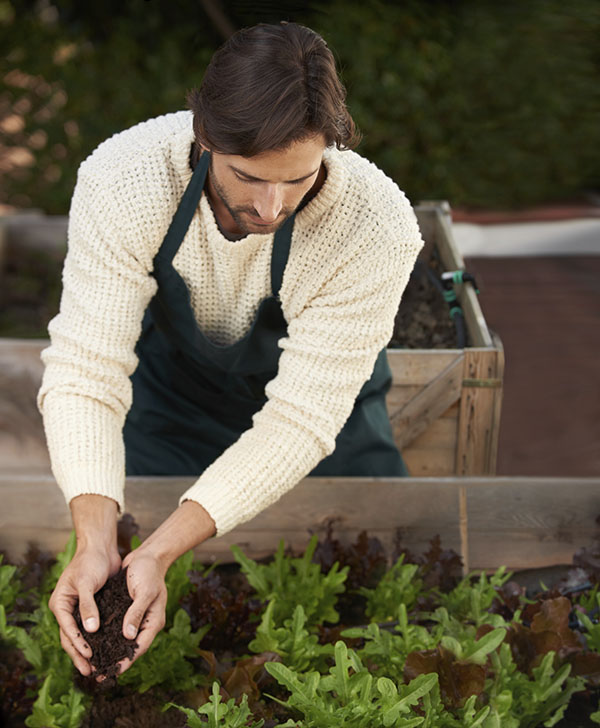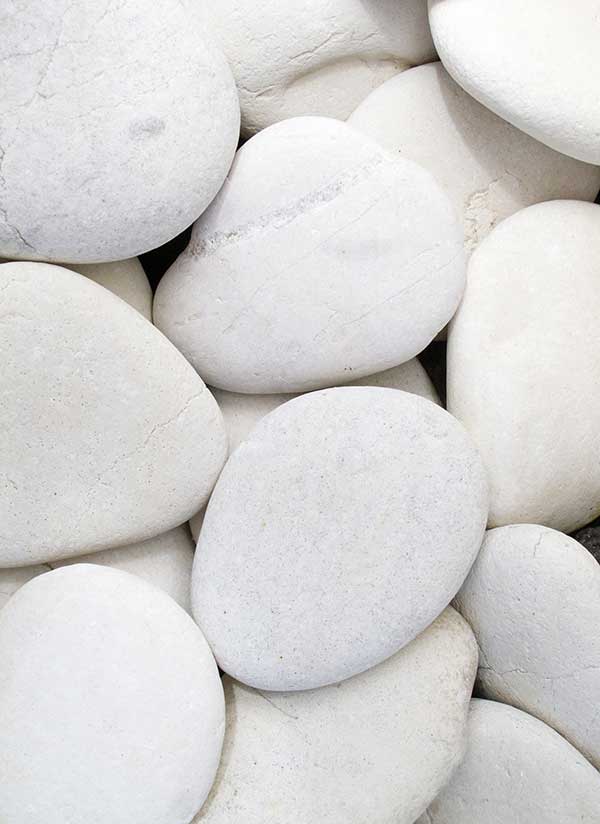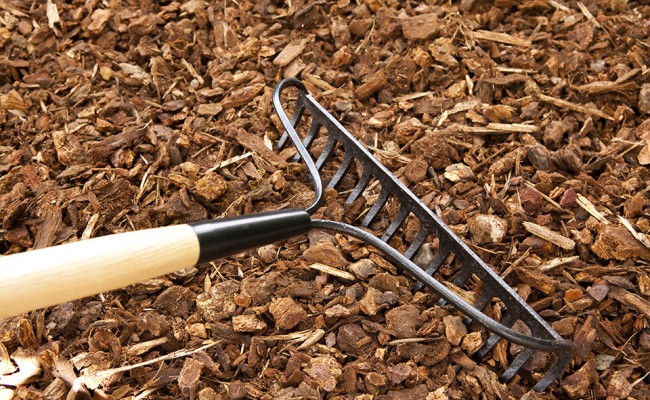Hey good looking
Apart from just looking good, applying mulch to all garden beds regularly is the best way you can save water. A study for Sydney Water Corporation (The Ark Mulch Report) concluded that mulch could reduce water consumption by as much as twenty five percent. A layer of mulch shades soil from the sun and shelters it from drying winds. This keeps moisture in the soil by reducing the rate of evaporation.
Mulch also suppresses weeds by smothering seedlings as they germinate, evens out the temperature of the soil, which can lead to a longer growing season for your plants, and reduces erosion during heavy rain, which means water soaks in to where it is needed rather than running off.
Organic mulch (such as woodchip) has other benefits as well. It improves the structure of soil, which leads to better aeration and drainage, and an ability to hold more moisture for longer, it encourages beneficial soil organisms such as earthworms, which, in turn, improve the fertility and aeration of the soil.
Inorganic mulch (such as pebbles) adds a different look and depending on the design of your garden you may want to choose a mulch that matches it in colour and texture. Inorganic mulch applied to your bed can make it look more complete and attractive.
As to which is better—organic or inorganic—it depends on how you feel about costs, garden maintenance and aesthetics. Organic mulches need to be topped-up as they decompose, so they represent a recurring cost. Pebble does not break down, so it is a one-time cost.
Genuine growth success
Plant fertilisers can make the difference between success and failure in the garden but how much fertiliser do you need to apply and how often do you need to apply it? Plants exist by converting water and minerals from the soil into stems, leaves and flowers. In the wild those minerals are constantly replaced: leaves, twigs, fruit and bark fall to the ground and every animal deposits plant food in its droppings. Nature is in perfect equilibrium – what goes up (into plants) must come down (and go back into the soil). In gardens, however, things are different. The plants are not an ecosystem but an unrelated mixture of species from a wide variety of habitats and soils. Each may have different nutrient needs. More importantly there is no build-up of fallen vegetation and few animals to enrich the soil. We pick up fallen leaves and remove them before they can rot. The result of all this tidiness is a gradual but steady impoverishment of the soil. The answer is not to stop clearing up but to replenish your trees and shrubs with food for healthy growth. To keep your flowers, trees and shrubs looking their best we use a range of products including manures, complete plant foods and slow release fertilisers.

